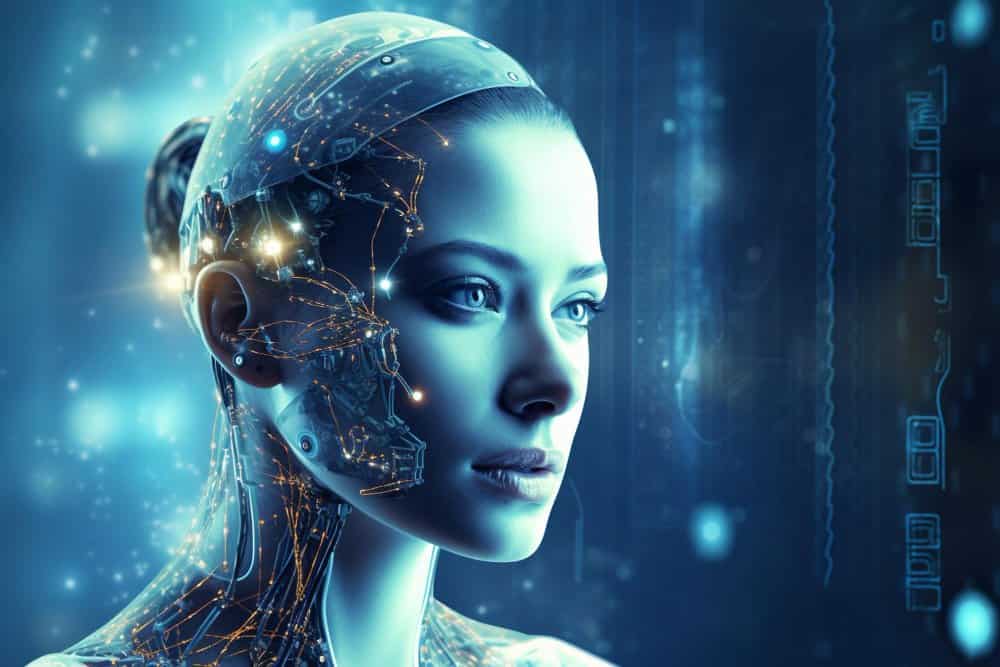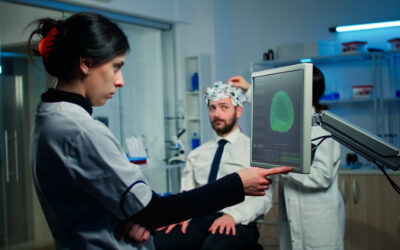What is transhumanism and why do many argue that it is an inevitable future?
One of the most important topics in the study of the future is transhumanism. It is a subject that is somewhat overshadowed these days by the prominence of discussions and advancements in artificial intelligence.
It is a field of study that requires particular attention, because it implies a change in humanity with an uncertain outcome. It is not just about taking a position, which is necessary, but a dramatic change in people cannot be ruled out under any circumstances.
Far from being an illusion, today one of Elon Musk’s companies, Neuralink, has been authorized by U.S. authorities to develop its experiments and move forward in the search for the “transhuman human.” We will report on this in future blog posts, but today we will focus on introducing our readers to transhumanism by referencing a BBC article from London, which will serve as a brief introduction.
Although electronic devices are increasingly an integral part of our lives, few of us stop to consider how the convergence of technological elements will transform humanity.
Some say that transformation will be disorderly, complex, and sometimes terrifying, but there are already signs pointing to a future that will blur our identities.
For the BBC, philosopher Julian Baggini explains the radical vision of transhumanism.
Most of us would consider the end of the human race a catastrophe. But there are those who not only rejoice in it, but want to hasten the day it occurs.
Transhumanists eagerly await the day when Homo sapiens is replaced by a better, more intelligent, and improved model…
Humans indeed need urgent improvement:
Any species that causes such enormous harm to the environment, cannot feed itself despite having enough food, and fights countless wars that claim millions of lives surely could benefit from an upgrade in intelligence.
Moreover, our lifespan is short, our final years are usually marked by declining health and vitality, often accompanied by a reduction in cognitive capacity. For example, scientific studies indicate that one in three people born in 2015 will suffer from dementia.
Is this really the best we can expect?
Transhumanists think the answer is ‘No’.
Aging could stop or even reverse.
Some enhancements could dramatically increase our IQ and make us stronger.
We may even leave our fragile bodies behind, transferring who we are into a computer, allowing us to live forever in virtual worlds.
Improving humanity through science and technology could change us radically.
It would be a new beginning that starts with the end of humanity as we know it.
Many transhumanists believe this is not only desirable but inevitable.
Scientist and futurist Ray Kurzweil believes we are approaching what he calls the “singularity,” the moment when computers become smart and autonomous enough to learn on their own.
From there on, and very quickly, they will become more and more intelligent.
The future belongs to artificial intelligence:
The only way for humans to survive is to embrace it and become – ourselves – partly or entirely artificial.
The idea of being replaced by a new form of humans is unsettling.
But transhumanists think it would be wrong to lament the end of humanity as we know it if what will replace it will be much better.
It would be like wishing children never grew up – they argue – or that Homo erectus never evolved into Homo sapiens.
If transhumanists are right, we may be one of the last generations of humans to roam the planet.






0 Comments